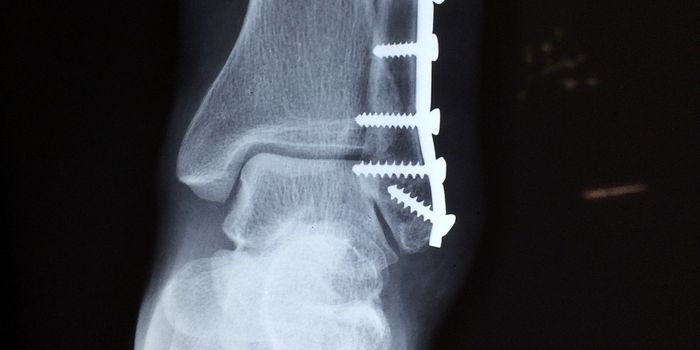Biological Differences & Similarities of Depression & PTSD are Revealed
Anyone who has experienced a traumatic event may develop post-traumatic stress disorder (PTSD); and depression is thought to impact about five percent of adults around the world. These serious disorders can have major impacts on the quality of life of those who suffer from them, and can affect their friends and family as well. Scientists have now performed a detailed examination of the similarities and differences between PTSD and depression at the molecular and cellular level. This work, which has been reported in Science, could help reveal new biomarkers and treatment approaches.
In this work, the researchers were aiming to characterize gene and protein expression, epigenetic factors, and biochemical pathways in post-mortem brains from neurotypical individuals as well as PTSD and depression patients, said senior study author Kerry Ressler, MD, PhD, of McLean Hospital, and Harvard Medical School. "We essentially combined circuit biology with powerful multi-omics tools to delve into the molecular pathology behind these disorders."
Multi-omic data, such as genomic and proteomic information, was assessed from 342 samples, and was focused on three parts of the brain: the central nucleus of the amygdala (CeA), the hippocampal dentate gyrus (DG), and the medial prefrontal cortex (mPFC). Additional single-nucleus RNA sequencing was also performed to reveal more about patterns in cell types and biomarkers.
Genes that were identified in these efforts were then compared to genes that have been linked to PTSD and depression in previously performed genome-wide association studies (GWAS).
This study showed that individuals with PTSD and depression have similar changes in gene expression and alterations in axons in the mPFC. However, there are differences when it comes to the epigenome.
Additional work determined that the molecular changes in both disorders were promoted by a history of childhood trauma and suicide.
"Understanding why some people develop PTSD and depression and others don't is a major challenge," said investigator Charles B. Nemeroff, MD, PhD, chair of the Department of Psychiatry and Behavioral Sciences at Dell Medical School of UT Austin. "We found that the brains of people with these disorders have molecular differences, especially in the prefrontal cortex. These changes seem to affect things like our immune system, how our nerves work, and even how our stress hormones behave."
One major limitation of these findings is their reliance on post-mortem brain samples, and variances in the clinical assessment of disorders like depression and PTSD. The investigators also could not study the entire brain at this detailed level, and more work will be necessary to understand the exact mechanisms of the molecular foundations of both depression and PTSD.
"Learning more about the molecular basis of these conditions, PTSD and MDD, in the brain paves the way for discoveries that will lead to more effective therapeutic and diagnostic tools. This work was possible because of the brain donations to the Lieber Institute Brain Repository from families whose loved ones died of these conditions," said Joel Kleinman, MD, PhD, associate director of Clinical Sciences at the Lieber Institute for Brain Development.
"We hope our research will one day bring relief to individuals who struggle with these disorders and their loved ones."
Sources: McLean Hospital, Science









